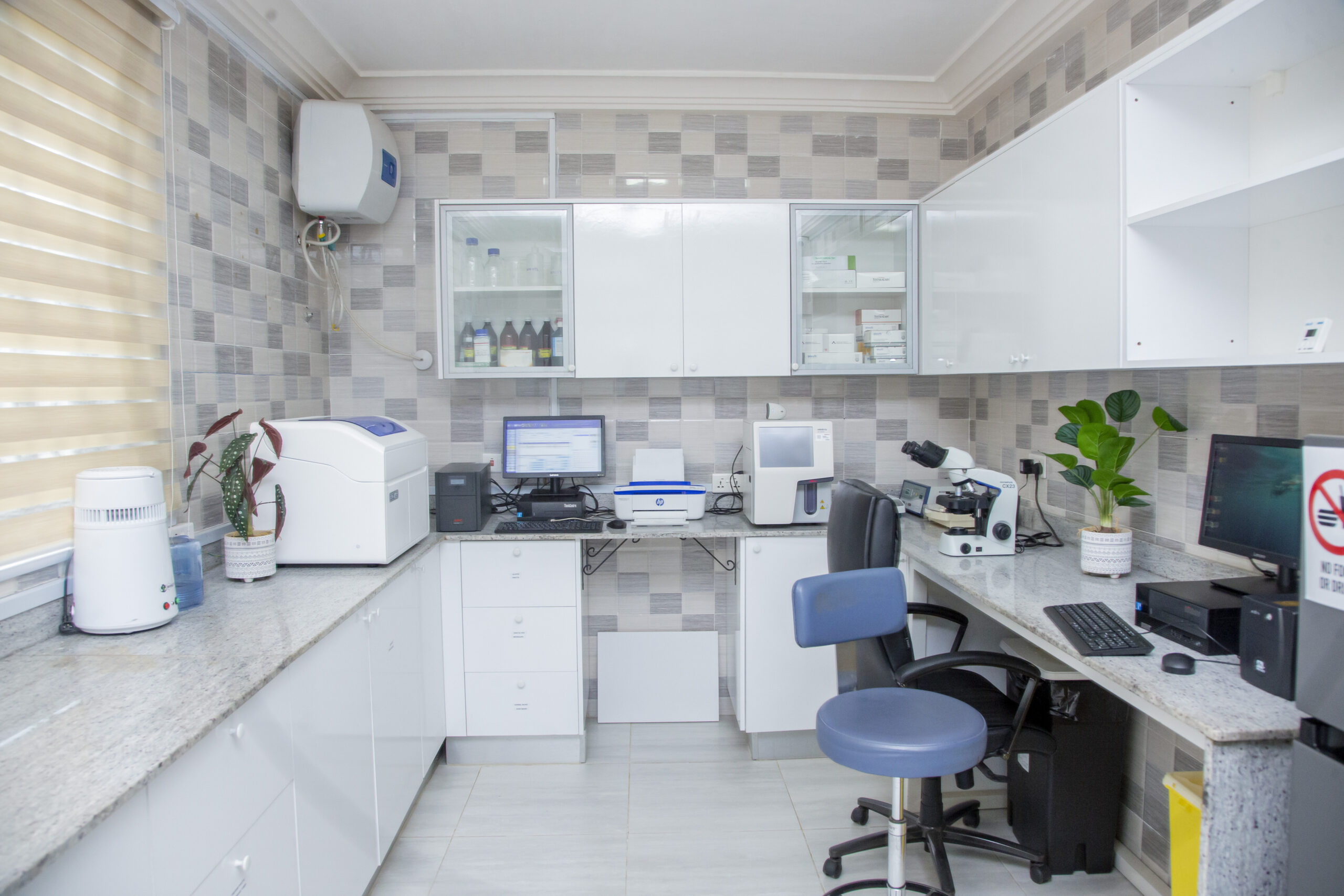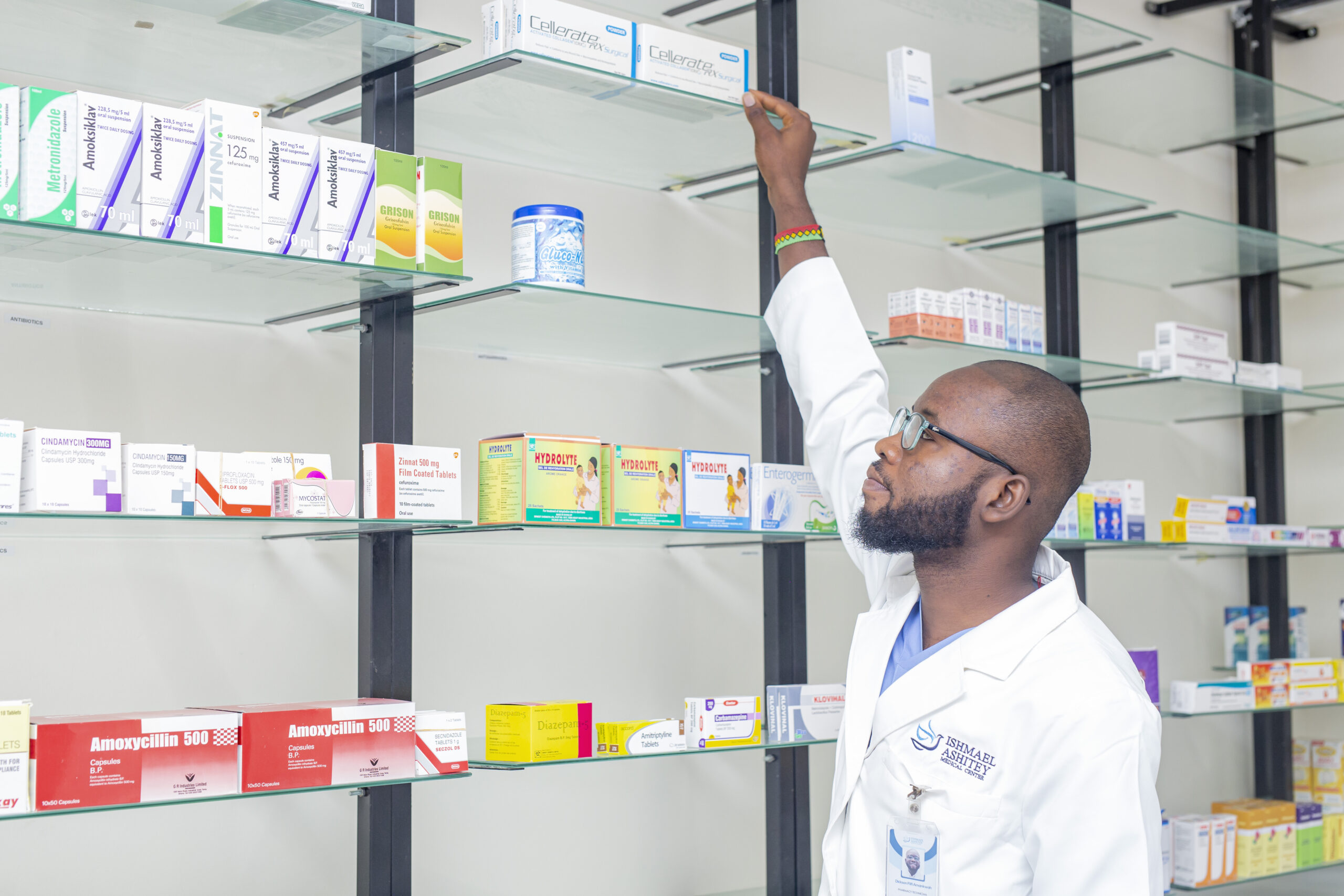Welcome to
Welcome to Ashitey Medical
Ishmael Ashitey Medical Center (IAMC) is an ultra-modern 14 bed medical facility located in Ghana’s industrial hub; Tema Community 3. It is privately-owned Ghanaian healthcare facility, duly registered in 2020.
We offer world class medical services and an inspiring patient/client centric experience, which is driven by scientific innovation and the very essence of Ghanaian culture of hospitality.


Approach
We offer standard to premium health care to the general public on both Outpatient and Inpatient basis. Aside caring for the individuals, we also provide healthcare to corporate bodies and families. Our services also cover private insurance policy holders.
Experts
Aside General Medicinal services we have experts in: Obstetrics & Gynaecology, Maternity, General surgery, Paediatrics, Dentistry, Psychology, etc. Our team of practitioners include highly professional nurses, diagnostics staff as well.
Technology
To ensure that the care we give you is done with precision and is consistent with internationally acceptable standards, we have cutting edge technology and equipment from leading manufacturers across the globe..
Our DoctorsMeet Our Professional Team
Common Medical Conditions
- Hypertension
- Diabetes
- Malaria
- Arthritis
- Colds & Flu
Hypertension
Blood pressure is the pressure of blood pushing against the walls of your arteries. Arteries carry blood from your heart to other parts of your body. Your blood pressure normally rises and falls throughout the day.
High blood pressure, also called hypertension, is blood pressure that is higher than normal. Your blood pressure changes throughout the day based on your activities. Having blood pressure measures consistently above normal may result in a diagnosis of high blood pressure (or hypertension).
Usual Symptoms:
- severe headaches.
- chest pain.
- dizziness.
- difficulty breathing.
- nausea.
- vomiting.
- blurred vision or other vision changes.
- anxiety.
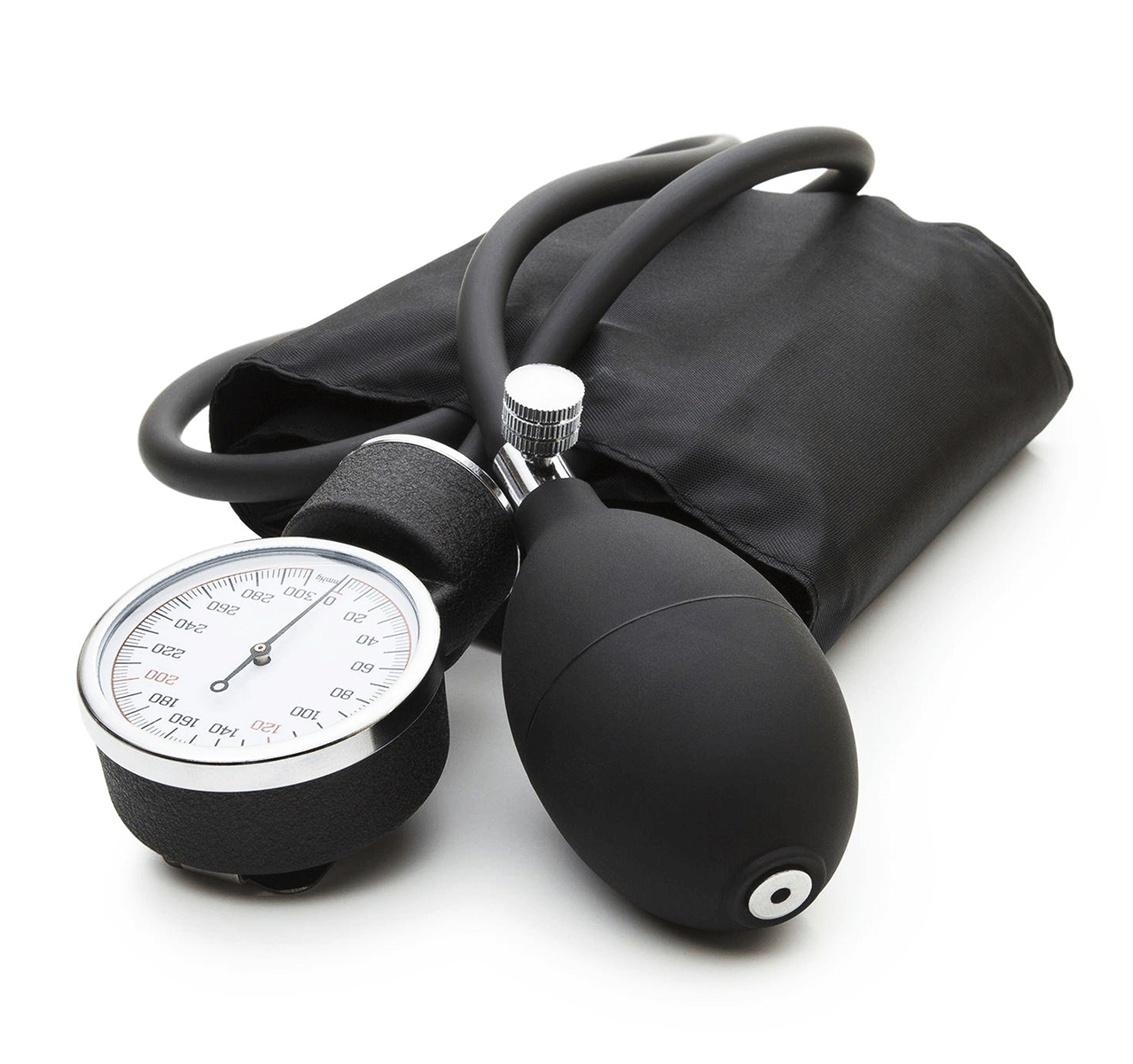
Diabtetes
Diabetes is a chronic (long-lasting) health condition that affects how your body turns food into energy.
Your body breaks down most of the food you eat into sugar (glucose) and releases it into your bloodstream. When your blood sugar goes up, it signals your pancreas to release insulin. Insulin acts like a key to let the blood sugar into your body’s cells for use as energy.
With diabetes, your body doesn’t make enough insulin or can’t use it as well as it should. When there isn’t enough insulin or cells stop responding to insulin, too much blood sugar stays in your bloodstream. Over time, that can cause serious health problems, such as heart disease, vision loss, and kidney disease.
Usual Symptoms:
- Urinate (pee) a lot, often at night.
- Are very thirsty.
- Lose weight without trying.
- Are very hungry.
- Have blurry vision.
- Have numb or tingling hands or feet.
- Feel very tired.
- Have very dry skin.
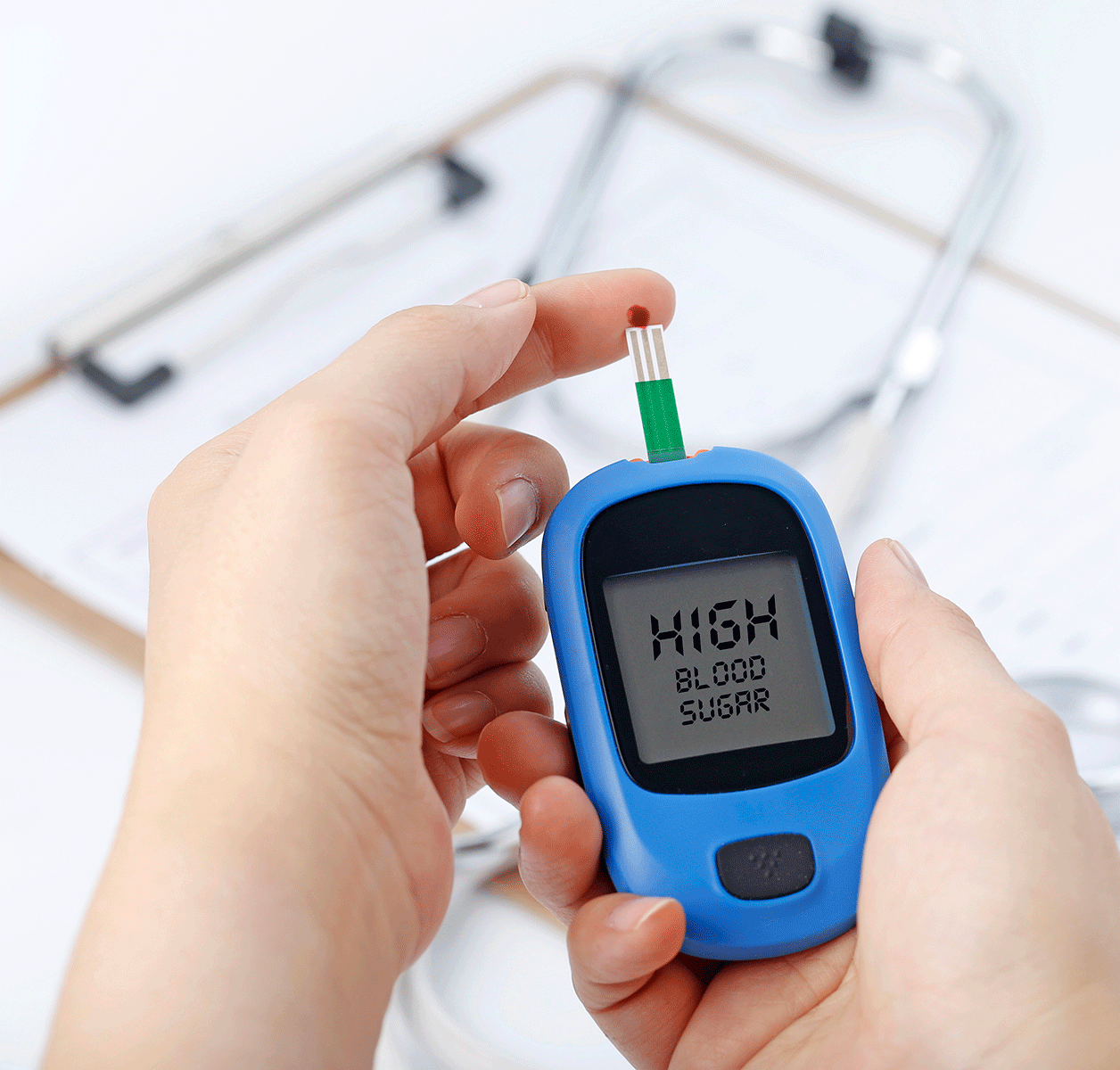
Malaria
Malaria is a serious and sometimes fatal disease caused by a parasite that commonly infects a certain type of mosquito which feeds on humans. People who get malaria are typically very sick with high fevers, shaking chills, and flu-like illness.
Four kinds of malaria parasites infect humans: Plasmodium falciparum, P. vivax, P. ovale, and P. malariae. In addition, P. knowlesi, a type of malaria that naturally infects macaques in Southeast Asia, also infects humans, causing malaria that is transmitted from animal to human (“zoonotic” malaria). P. falciparum is the type of malaria that is most likely to result in severe infections and if not promptly treated, may lead to death. Although malaria can be a deadly disease, illness and death from malaria can usually be prevented.
Usual Symptoms:
- fever
- chills
- headaches
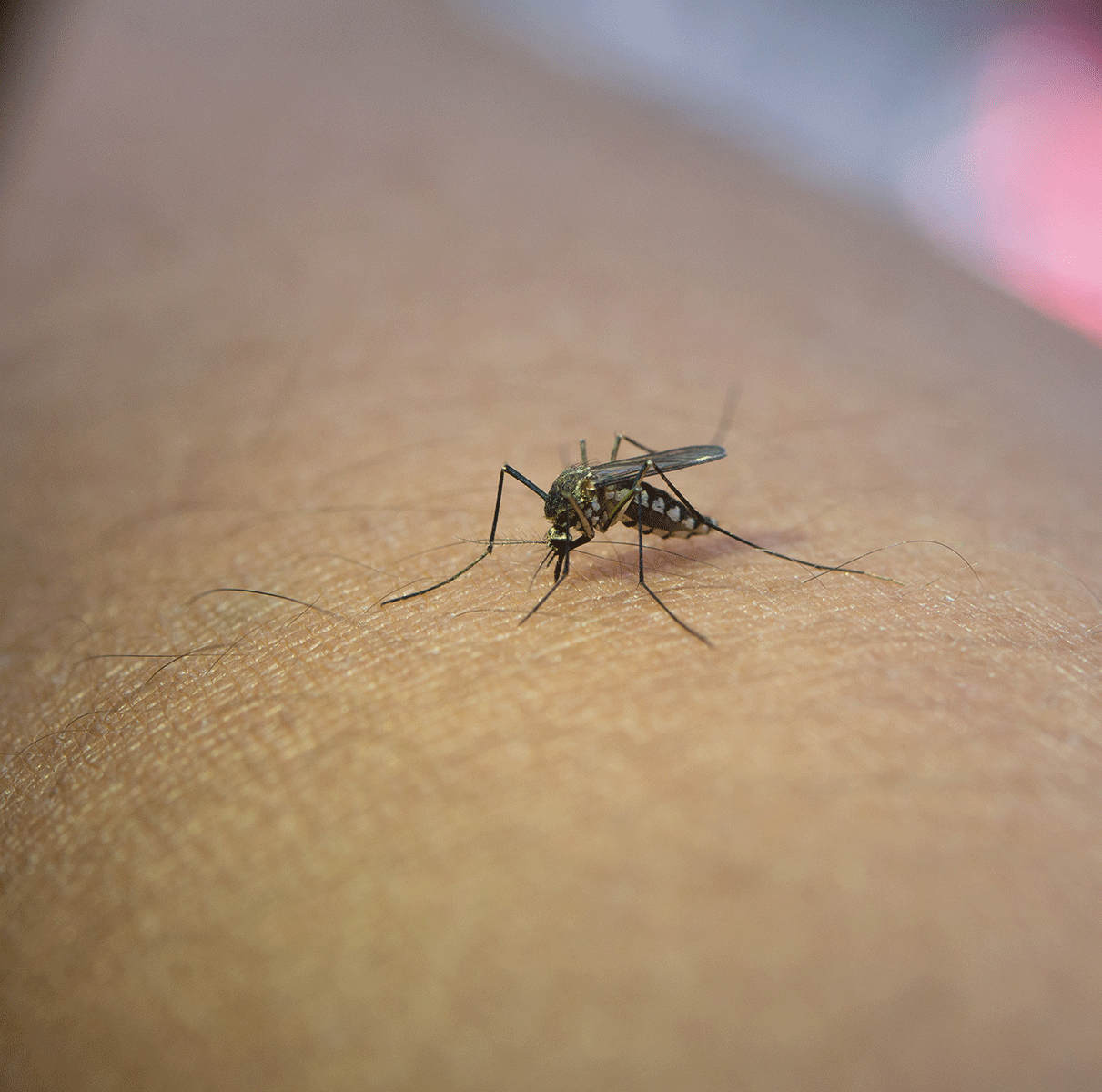
Arthritis
Arthritis means inflammation or swelling of one or more joints.
It describes more than 100 conditions that affect the joints, tissues around the joint, and other connective tissues. Specific symptoms vary depending on the type of arthritis, but usually include joint pain and stiffness.
Usual Symptoms:
- Pain.
- Stiffness.
- Swelling.
- Redness.
- Decreased range of motion.

Colds & Flu
Influenza (flu) is a contagious respiratory illness caused by influenza viruses that infect the nose, throat, and lungs. Some people, such as people 65 years and older, young children, and people with certain health conditions, are at higher risk of serious flu complications.
There are two main types of influenza (flu) viruses: types A and B. The influenza A and B viruses that routinely spread in people (human influenza viruses) are responsible for seasonal flu epidemics each year.
The best way to reduce the risk of flu and its potentially serious complications is by getting vaccinated each year.
Usual Symptoms:
- fever or feeling feverish/chills.
- cough.
- sore throat.
- runny or stuffy nose.
- muscle or body aches.
- headaches.
- fatigue



